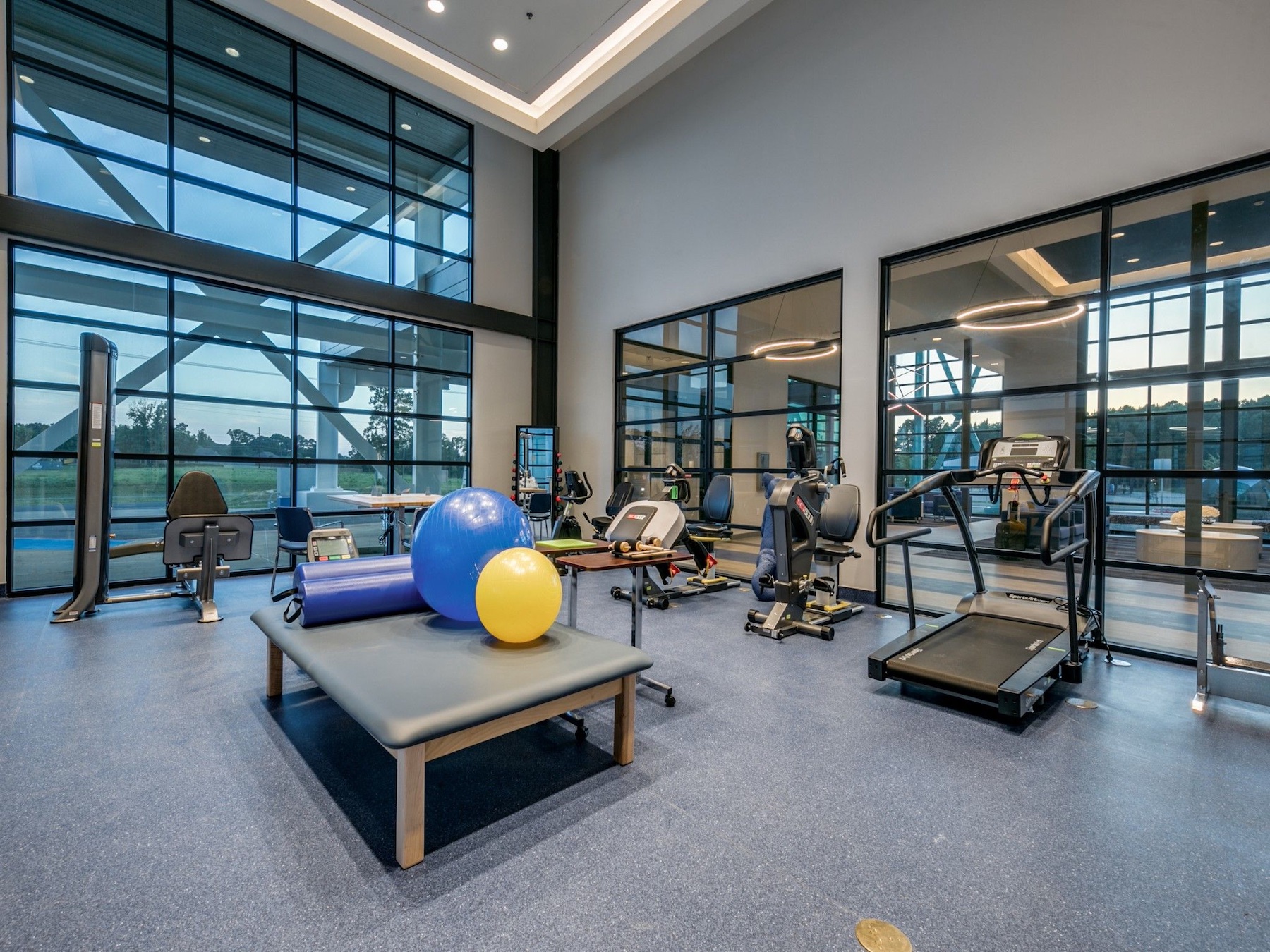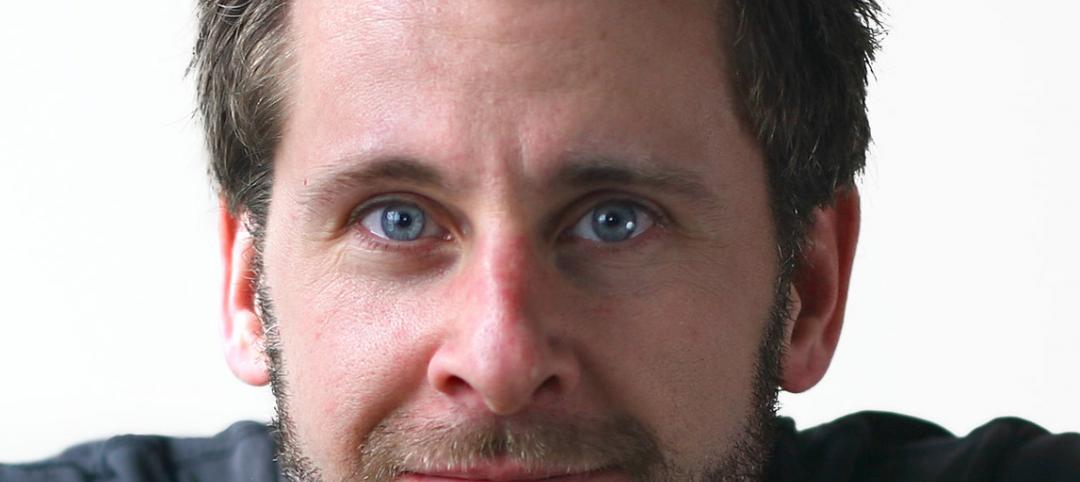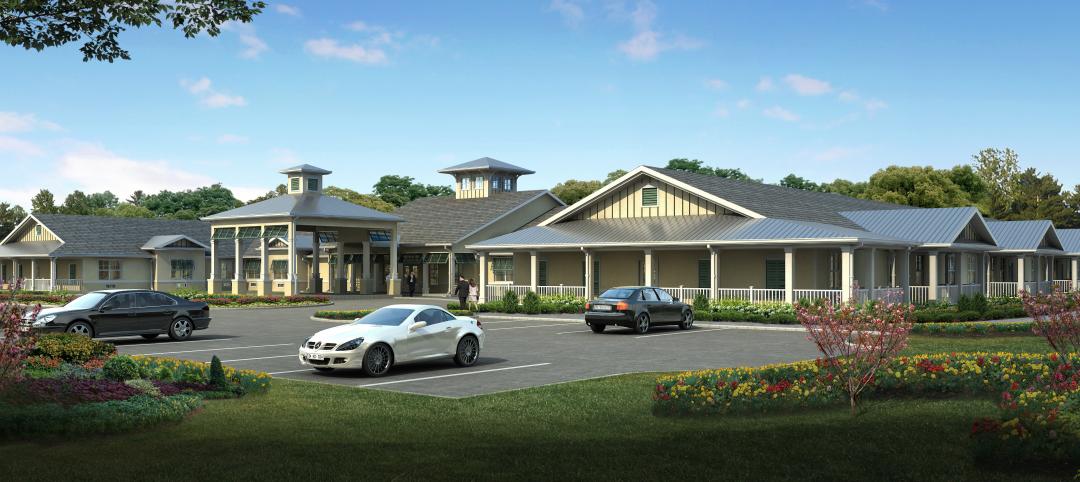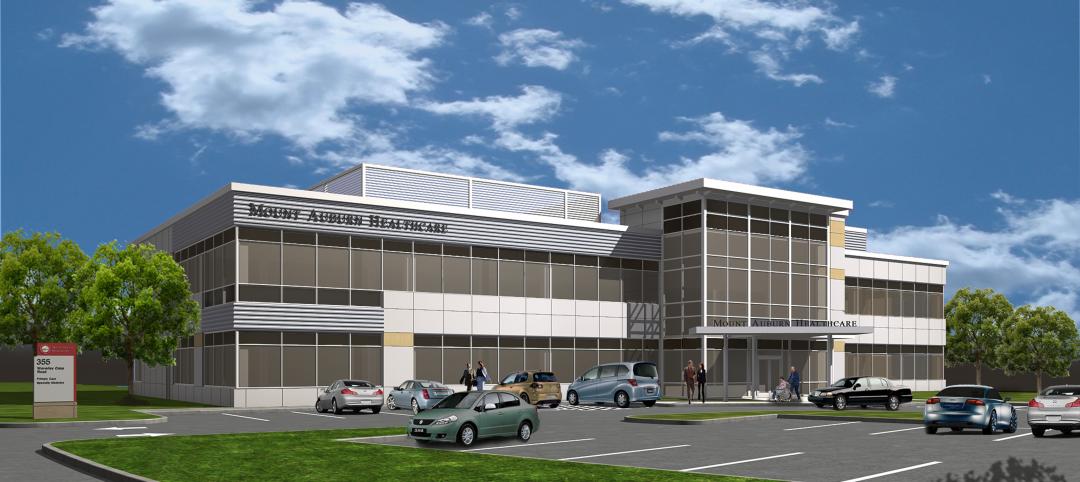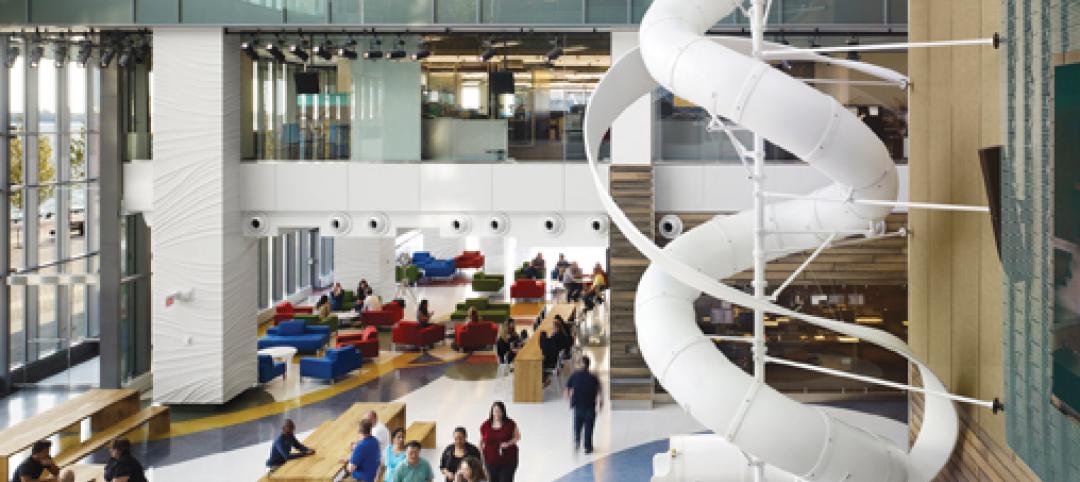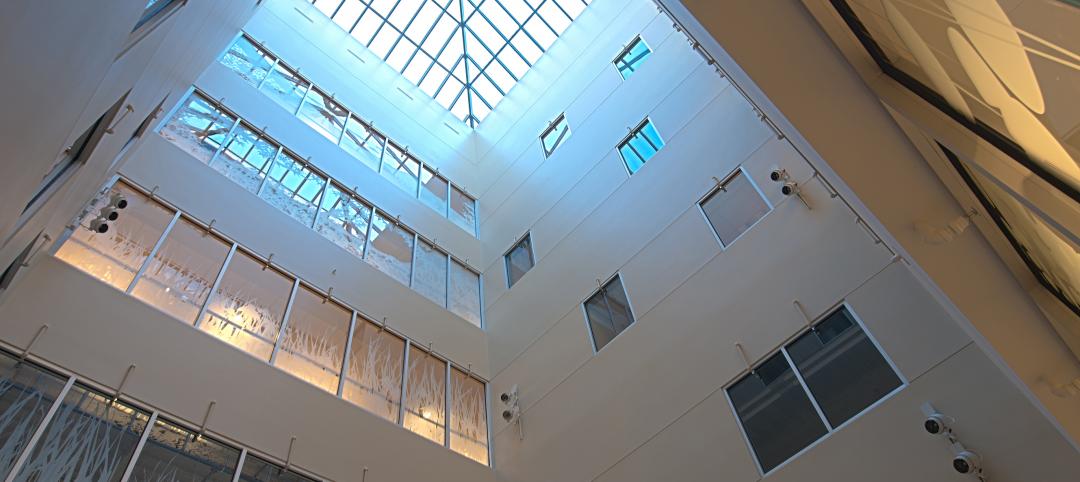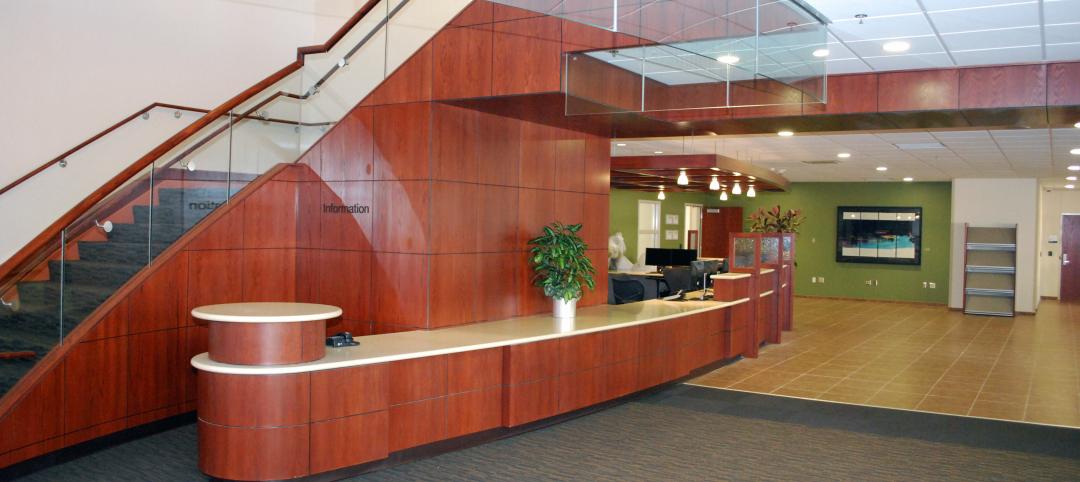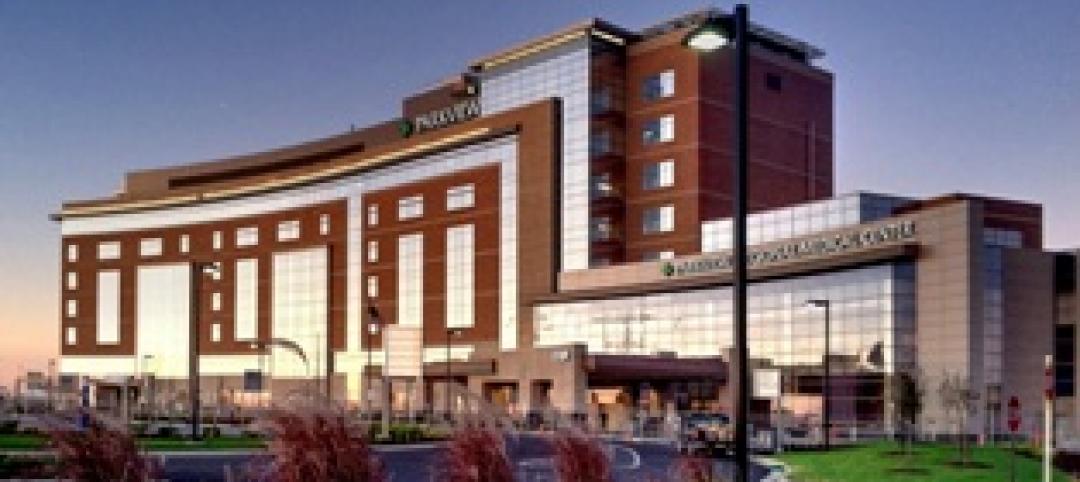In August, Dallas-based Everest Rehabilitation Hospitals revealed its plans to build a 36-bed inpatient physical rehab facility at The Villages, the massive active-adult and retirement community in Florida. That hospital will be Everest’s eighth under construction in the Sunshine State.
The 41,000-sf Villages project on 8.47 acres of land in Oxford, Fla., will cost $24 million to build. It is the latest in Everest’s construction of identical multi-specialty acute-care hospitals in several states. The hospitals serve patients recovering from stroke, brain injury, neurological conditions, trauma, spinal cord injury, speech impediments, amputation, pulmonary disease, orthopedic injury, COVID-19, and other medically complex conditions.
The hospitals are equipped with in- and outpatient physical therapy gyms, an outdoor mobility courtyard, aqua therapy, a furnished life skills training apartment with a full kitchen and bathroom, in-house dialysis, and a pharmacy. There are also gathering areas for families that include a large dining room.
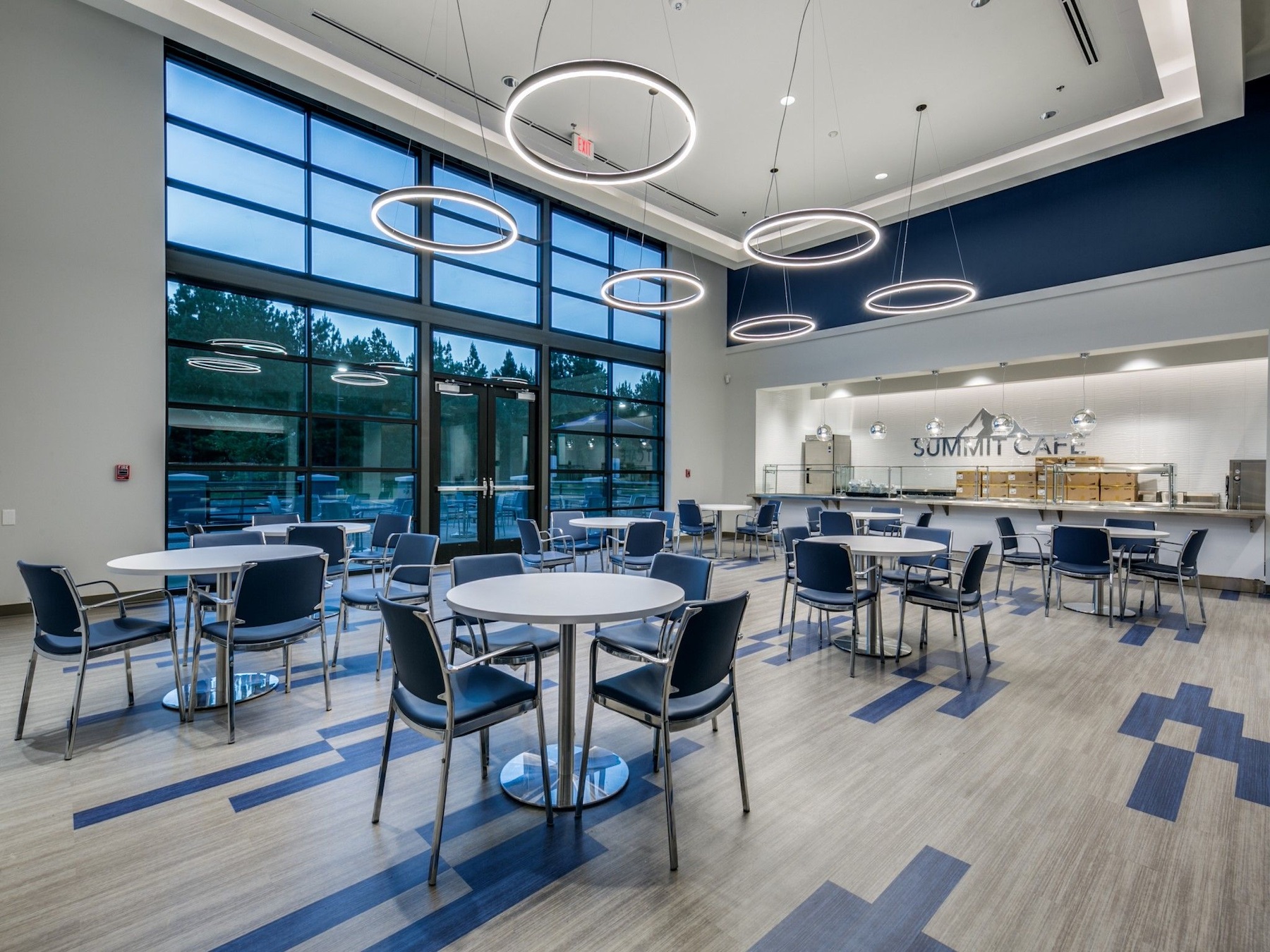
DBA Architects, based in McKinney, Texas, whose design work is heavily in the residential sector, provided the prototype design for Everest that had to be universal enough so it could be replicated to accommodate Everest’s expansion strategy. The company opened its first hospital in Longview, Texas, in June 2019 and currently has six facilities operating in Texas, Oklahoma, Arkansas, and Ohio. Everest has another 10 hospitals in various stages of design and construction, with its facility in El Paso, Texas, scheduled to open by the end of this year, and another in San Antonio opening in the first quarter of 2023.
Bryan Moore, DBA Architects’ CEO and President, tells BD+C that Everest’s plan has been to grow as rapidly as possible to meet increasing physical rehab needs. That growth is being propelled by entrepreneur Marc Sparks, Everest’s Co-founder and President of the private-equity firm Timber Creek Capital, which is Everest’s developer. (According to his online bio, Sparks has been involved in over 60 startups, “some outrageously successful, others downright disasters.”)
Sparks has stated that he wanted Everest’s ambiance to be more hotel-like and service oriented than institutional. “What Marc didn’t want was a hospital that looked like a place where people go to die,” says Moore. So Everest Rehab’s design and programming include art work, natural light, high ceilings, outdoor dining, room service, and social events.
A plan for expansion: Everest Rehabilitation Hospitals
Repetitive design is often frowned upon by architects, but it certainly has its place: ask any data center or multifamily housing developer. And Everest, says Moore, was attracted to this kind of design’s economies of scale, so that the hospitals could offer “the same menus, same therapies, and medications.” Moore describes this process as “cut and paste,” although he is quick to add that it DBA still had plenty of design leeway.
There’s no prefabrication in the construction of Everest’s hospitals, although Moore says that prefab is now being considered for the patients’ wing as Everest plots its expansion. (Everest’s buildings are expandable to 48 beds.)
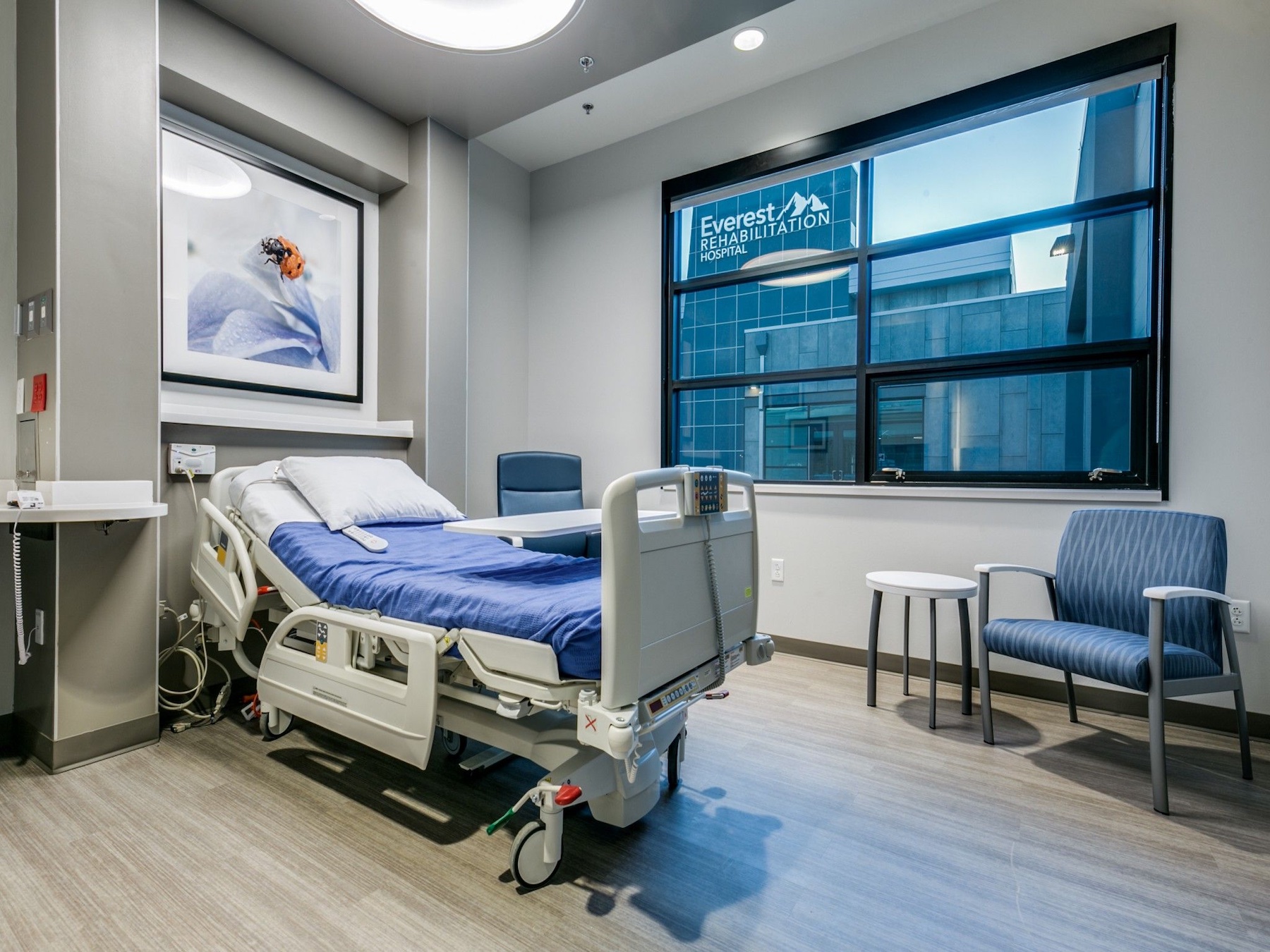
Everest hasn’t stated yet how many hospitals it intends to build and operate beyond the 16 it already has opened or are under construction. Everest’s business model uses an actuarial program to determine need based on the number of rehab hospitals and beds within a 100-mile radius of a given market. Last year, the Florida market “opened up,” says Moore, when the DeSantis administration did away with a restriction that had required arduous proof of need before a new healthcare facility could be built.
Among the four contractors it has used to build its hospitals is H.J. High Construction, which Moore says has experience building hospitals in Florida.
Moore and Sparks met when they were working on a homeless shelter project for Samaritan Inn. When Sparks shared his vision for Everest’s rehabilitation hospitals, Moore was ready to jump in: DBA was already doing a lot of repetitive design for its multifamily clients. And back in the late 1980s, the firm was involved in the prototype design business for fast food franchises.
Related Stories
| Apr 18, 2012
Perkins+Will designs new complex for Johns Hopkins Hosptial
The Charlotte R. Bloomberg Children’s Center and the Sheikh Zayed Tower create transformative patient-centric care.
| Apr 17, 2012
Alberici receives 2012 ASA General Contractor of the Year award
Alberici has been honored by the ASA eight times in the award’s nineteen-year history--more than any other general contractor in its class.
| Apr 16, 2012
Freeland promoted to vice president at Heery International
Recently named to Building Design+Construction’s 40 Under 40 Class of 2012.
| Apr 16, 2012
Batson-Cook breaks ground on senior living center in Brunswick, Ga.
Marks the third Benton House project constructed by Batson-Cook.
| Apr 4, 2012
HDS designs Mount Auburn Hospital’s new healthcare center in Waltham, Mass.
HDS Architecture provided design services for all the Mount Auburn Healthcare suites including coordination of HVAC and FP engineering.
| Apr 3, 2012
Suffolk completes phase one of Baystate Medical Center expansion
Construction management firm awarded emergency department project for successful build of $296 million MassMutual Wing and Davis Family Heart and Vascular Center.
| Mar 28, 2012
Holden Cancer Center opens at University of Iowa Hospitals and Clinics
The new cancer clinic provides a significant increase in patient space from the prior facility, which was located in an adjacent building.
| Mar 28, 2012
Tsoi/Kobis & Associates developing master plan for UT Southwestern Medical Center
Firm will spearhead strategies for transforming existing in-patient hospital into state-of-the-art ambulatory care facility.
| Mar 26, 2012
Jones Lang LaSalle completes construction of $536M Parkview Regional Medical Center
Hospital ushers in new era of local access to advanced medical treatments in Northeast Indiana.


